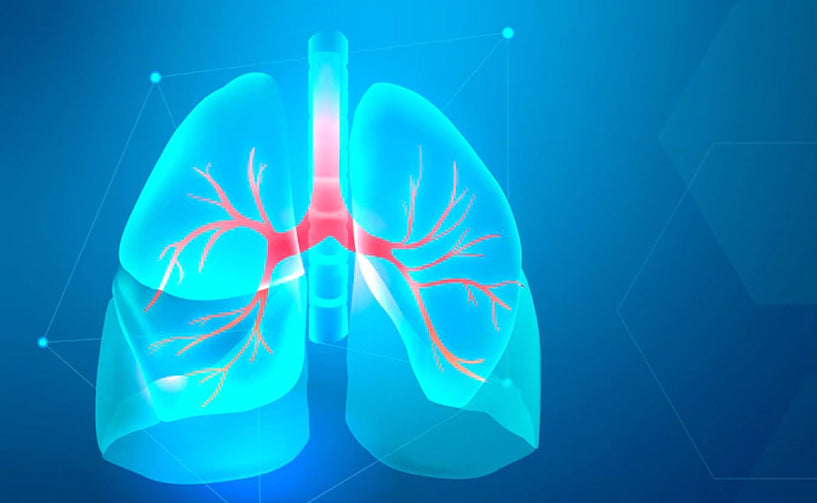Respiratory disease is a broad term that involves certain pathological signs that may affect the tissues and organs related to exchange of oxygen and carbon dioxide in the respiratory system. This term can include diseases relating to the entire respiratory tract, trachea, bronchi, plural cavity and the lungs. Disease related to respiratory system may be mild like common cold or may be severe such as asthma, pneumonia and lung cancer. A respiratory disorder may be due to an infection (bacterial, fungal and viral), environmental factors or inflammation. Among all the infections, common cold is the most contagious and prevailing respiratory problem.
Common cold, flu and allergy are very common and acute. These are related to the upper respiratory system while sinusitis, pharyngitis and tonsillitis are upper respiratory chronic ailments. Diseases related to the lower respiratory system are: pneumonia, asthma, bronchitis, COPD (chronic obstructive pulmonary disorder), cystic fibrosis and cancer.
Common Symptoms of Respiratory Problems are:
1. Tightness and shortness of breath
2. Wheezing
3. Chest pain
4. Chronic cough and mucus during coughing
Do’s
- Quit smoking
- Wash your hands frequently
- Avid close contacts with those who are already suffering from flu or and other communicable disease
- Use natural supplements to strengthen your respiratory system
- Use a mask to cover your mouth and nose if dust irritates the throat
Don’ts
- Don’t treat serious ailments on your own
- Avoid crowded places and stay at home
- Strain your body
- Drink excessively cold fluids or eat sour foods






